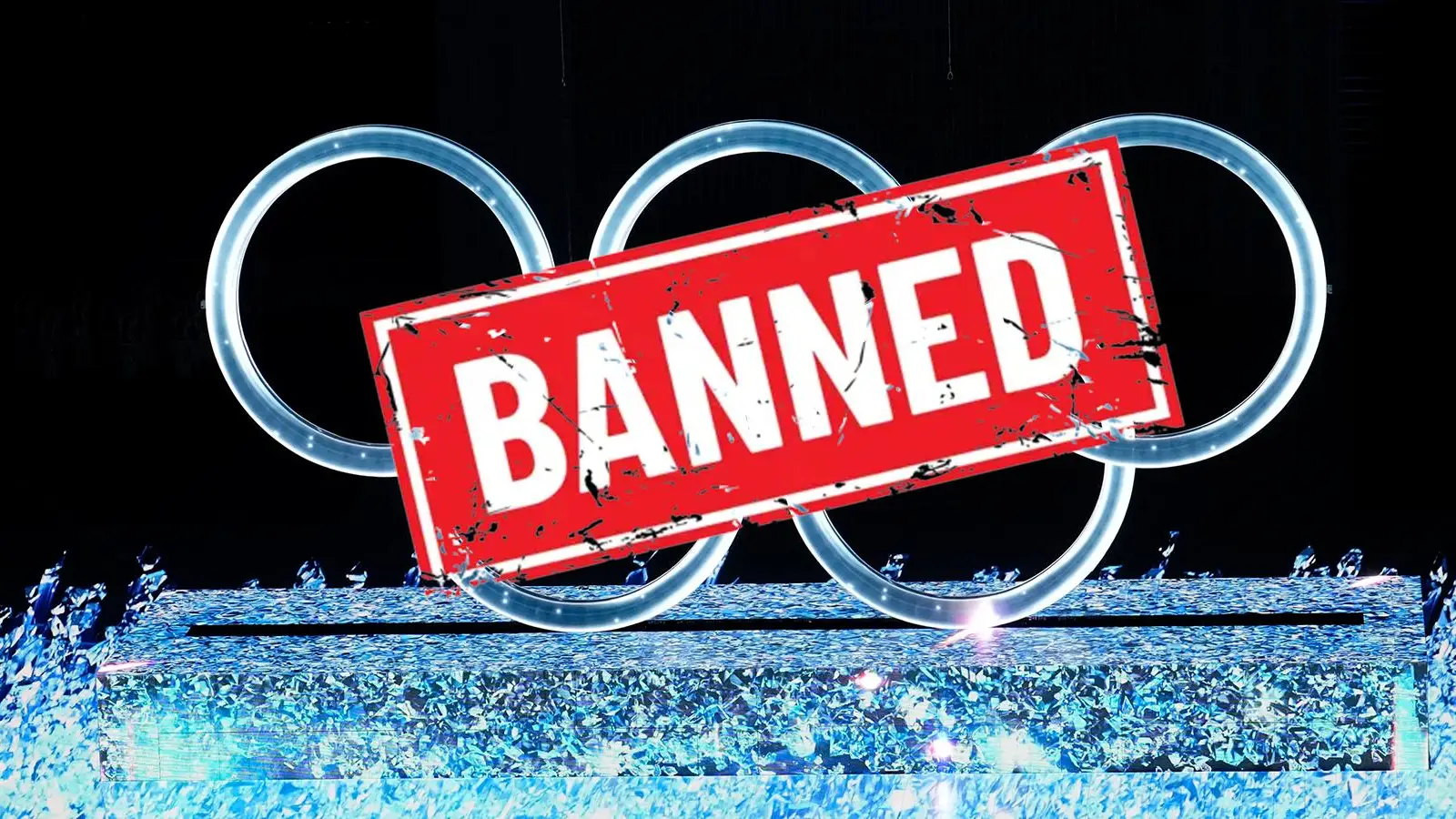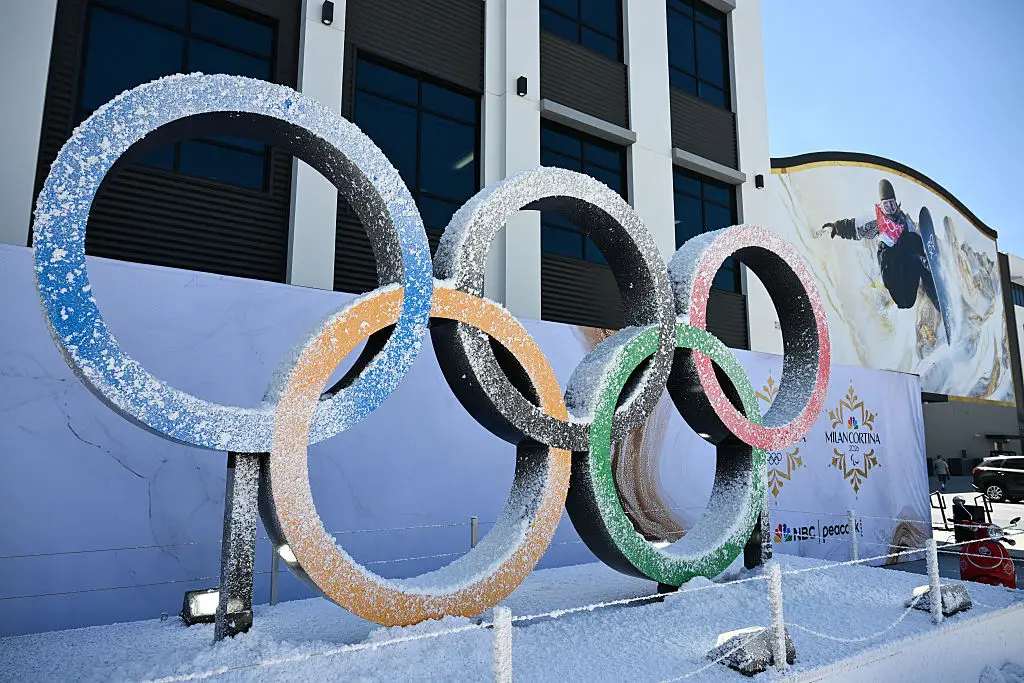
Topics: South Africa, Russia, Olympics
Five countries have been banned or suspended from specific Winter Olympics for various reasons.
Competing at the Olympic Games is most athletes’ dream, and some even fulfil their quest to win medals with the likes of Usain Bolt, Michael Phelps and Mo Farah making their name by securing golds at different editions of the summer events.
But some athletes compete in the arguably less popular Winter Olympics. Norway, the United States, Germany, Austria and Canada are the five most successful nations in Winter Olympic history, but some countries have faced temporary bans and suspensions which have stopped them from competing at the event.
The International Olympic Committee (IOC) banned South Africa from both the Summer and Winter Olympic Games between 1964 and 1988 due to the nation’s apartheid policy.
Advert
From 1948 to the early 1990s, South Africa was governed by a regime which used racial segregation related to land, jobs, and opportunities known as apartheid.

Apartheid did not permit black athletes to legally compete with white athletes.
In 1964, world football’s governing body, FIFA, also banned the nation from competing in sanctioned matches.
South Africa returned to sporting competition in 1992 and took part in the Barcelona Summer Olympics that year.
North Korea was suspended from the 2022 Beijing Winter Olympics as a punishment for refusing to send athletes to the 2020 Tokyo Games.
The nation withdrew its team from the Tokyo Games to protect its athletes from the “world public health crisis caused by Covid-19”.
“They were violating the Olympic Charter and did not fulfil their obligation as stated in the Olympic charter to participate,” Thomas Bach, then IOC President, said at the time.
Yugoslavia was banned from the 1994 Winter Olympics in Lillehammer, Norway, due to UN sanctions imposed against the countries involved in the Yugoslav Wars.
Instead, athletes competed as "Independent Olympic Participants".

Yugoslavia were also banned from participating in the 1992 Euros and the 1994 World Cup.
Russia will be banned from the 2026 Winter Olympics as part of sanctions imposed following the country’s full-scale invasion of Ukraine in 2022.
A small group of Russian and Belarusian athletes were allowed to compete at the 2024 Summer Olympics in Paris after vigorous vetting by the IOC, but they competed as neutral athletes and not under their respective flags.
Russia was previously banned from competing at the 2018 and 2022 Winter Olympics due to widespread violations of anti-doping regulations.
Belarus was also banned from competing at the 2022 Winter Olympics due to its support of Russia and the invasion of Ukraine. It is not confirmed whether they will be allowed to compete at the 2026 Winter Games.
Several countries have been banned/suspended from the summer version of the games in their history.
In 1920, Austria, Hungary, Germany, Turkey and Bulgaria were all excluded from the Olympics in Antwerp, Belgium, due to their roles in World War 1.
Then, Germany and Japan were banned from the 1948 London Games due to their roles in World War 2.
As mentioned earlier in the article, South Africa missed out on the 1964, 1972, 1976, 1980, 1984 and 1988 Summer Games due to apartheid policies.
Zimbabwe – formerly Rhodesia – was banned from the 1972 and 1976 Summer Olympics due to pressure against the nation’s policies of racial segregation.
Afghanistan was banned from the Sydney Games in 2000 due to the Taliban’s discrimination against women and human rights abuses.
Kuwait was suspended by the IOC in October 2015 due to government interference in the country’s Olympic committee.
As a result, athletes who competed took part as independent competitors at the 2016 Games in Rio de Janeiro.
Russia was banned from the 2020 and 2024 Games due to state-sponsored doping. Belarus was banned from the 2024 Olympics due to their support of Russia’s invasion of Ukraine.